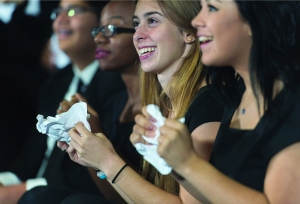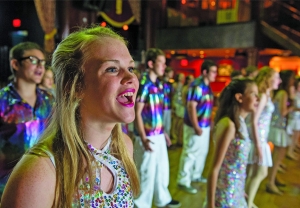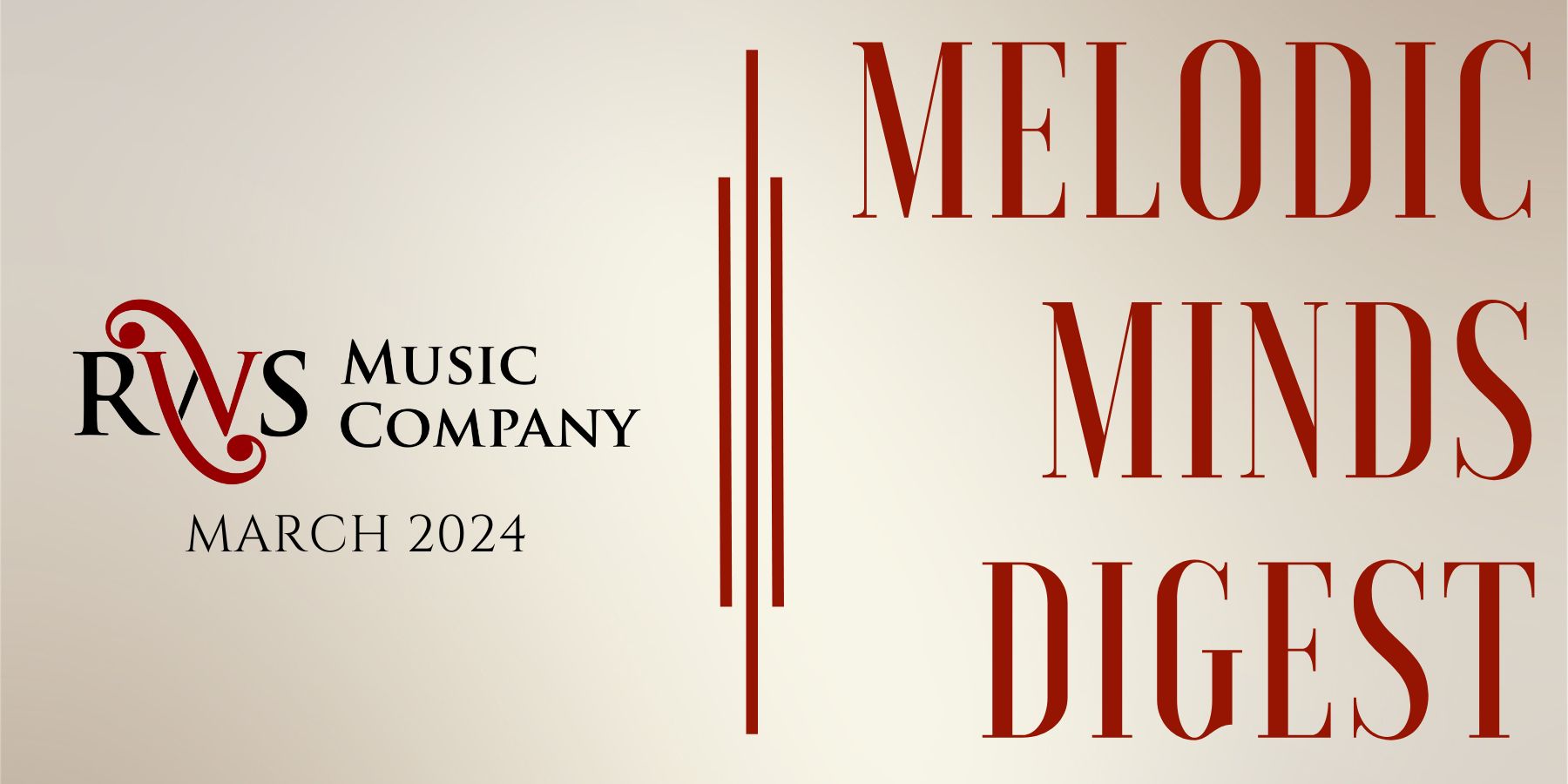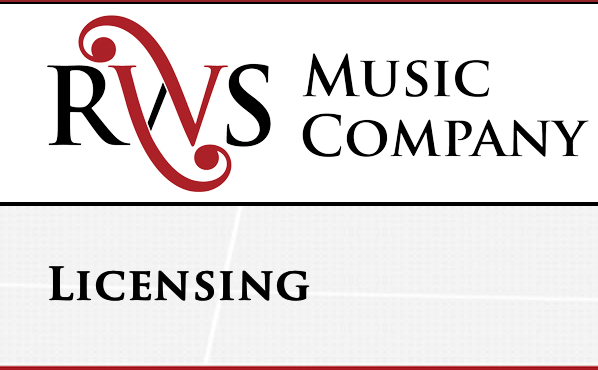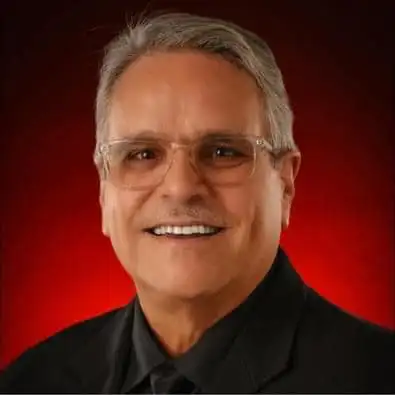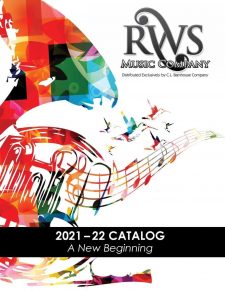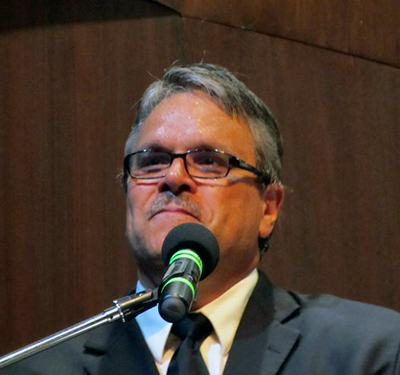October 23, 2015
By Mike Lawson
Universal Orlando Resort offers a lot of excitement for traveling choral groups. In addition to offering one-of-a-kind performance and education opportunities, students get to enjoy two spectacular theme parks — Universal Studios Florida and Universal’s Islands of Adventure, plus the excitement of Universal CityWalk — with its array of restaurants and entertainment such as a performance by the Blue Man Group. Universal also owns the popular water park Wet ’n Wild, just minutes away from Universal. It’s pretty easy to understand why a music class full of teenagers would want to visit Universal Orlando, but I wanted to know what the parks offer these students in the way of educational opportunities, life experiences, and chances to perform for the public.
I first met up with staff from Universal Orlando’s Youth Programs at their booth at the NAfME national conference last October 2014 in Nashville. I asked about the various programs Universal offered for band and choral programs, but I was mostly intrigued when I learned about their new youth workshop, “Sound Design: Music and the Art of Foley.” As a longtime music and video production geek, I know who Jack Foley was, and his importance to the world of sound-for-picture a century ago when he began to develop sound effect techniques for Universal Studios, techniques still in use today.
I learned that when Universal Orlando was looking for an opportunity to develop a new workshop they identified composer/conductor Robert W. Smith as someone that could help them build on this new idea about film scoring. Thus was born “Sound Design: Music and the Art of Foley,” which offers students the chance to go into a real soundstage just outside of the amusement park rides, the very type of soundstage that might be used to produce a TV show or film production, and find themselves sitting in front of high-end recording microphones, with a producer, multiple sound and video engineers running Final Cut Pro and Pro Tools, with studio assistants, performing a score written just for them.
univ-1The music the participating students learn is an original score by composer Robert W. Smith and they record it in the soundstage studio as the underscore to a segment of the silent film version of Mary Shelley’s Frankenstein, originally produced by Thomas Edison in 1910.
Once Universal identified the film footage clip that they could use and set Smith loose on composing for it, they also recognized that this film came out around the same time period that Jack Foley was just starting at Universal and his techniques were just a few years away from emerging, so they wanted to layer those historical elements into the workshop and broaden the educational opportunity for participants.
Not only does the visiting school music group perform the score to the video, they employ some of the same techniques used by Jack Foley, who was known the world over as the “father of sound effects” for film production. They are also creating and delivering spoken lines, and making critical decisions regarding the use of sound elements during the film. They take direction from the band director for the recording of the score, but then they learn to take direction for the recording session producer for the rest of the program.
Having visited Orlando and seen the workshop for bands, I was curious to see how it worked with choral groups, and to hear the music Smith composed for it, which had an eerie tone to it, perfect for a horror film, using a mix of English and Latin words, and something that would have just as easily have fit in The Exorcist or The Omen.
The workshop was conducted for the students of Chris Barletta, director of choral activities at Dr. Phillips High School in Orlando, Florida, whom SBO spoke with immediately following the program.
How did you find about the Art of Foley workshop program?
Last year, Universal asked if we would come do their pilot. They wanted to test out the workshop. So we were like, “Sure, we’ll do that.” So we came over. That was the first time we did it. It was great fun; the kids had a really good time. I think they learned a lot, I like that they incorporate music industry stuff that the kids don’t ever hear about. It’s out of sight, out of mind a lot of the time. They only see the singer, but they don’t ever see the people behind the singers like they do at this workshop. I think that’s super important. It gives them an appreciation for what goes into being a performer.
Do you have students who you think are interested in a career path in the music field for which this workshop was of extra benefit?
Oh, definitely. We’re the magnet school of Orange County, the visual performing arts magnet school. So we have kids who audition to come out of zone to come to our school for the music and the art and TV production. We have TV production, photography, visual production, and visual graphic design. The reason they’re at our school is because they’re interested in pursuing it in college, and then as a career later. The group you saw today is our most advanced choir that we have.
univ-2Was coming into a sound stage setting with them performing in front of microphones something really new to this group?
Yes, because typically we’re in the choral environment, choral classroom. We’re not really doing a lot of the technical or the technologically advanced stuff in the classroom. So this is totally different from what they do every day, which is what’s cool about it.
Right. And did you have to prep them at all in terms of learning to be in front of a microphone or recording environment?
No, Universal does a really good job of coaching them when they get here, so I think not really. I let them handle that when they arrived.
I think this is a really good representation of what a professional recording session looks like with a producer in front directing. How’d you feel when he took over?
Yeah, I agree. Oh, I love that. I actually try to bring as many other people out to work with my kids, even at school, as I possibly can. There’s a bunch of colleges around, I try to bring as many of them in to work. Because you can say what you say a hundred times, the kids hear it 20 times, they start zoning you out. But they hear it from somebody else; all of a sudden it’s a new concept to them, even though you’ve said it 100 times. So I think it’s really valuable to have as many different people in front of the kids. Plus I learn stuff from other people in front of my kids. So I just like to hand them off as much as I can and learn myself.
I noticed you jumped right in with them making the sound effects and stuff.
Yeah, it’s fun.
I assume, the parents must have been pretty excited to see the final video production.
Oh, yeah. They think it’s hysterical. They think it’s a good thing. And the two chaperones that were in there were raving about it.
Did your kids have any idea who Jack Foley was before they got here?
No, they probably never heard that name in their life. Now they know. And now when they watch a movie or a TV show, I feel like they’re going to have a different appreciation of what has to go into it, which I think is important.
Panache
Jeanne Berg, the very-busy music director for Robert Gray Middle School in Portland, Oregon shares with Choral Director her experience taking her group, Panache, to Universal Studios Orlando.
Tell me about your choral group Panache.
They are an auditioned group of seventh and eighth graders, and they meet once a week, before school. They are amazing kids. They’re a lot of fun, but they actually have talent too, which is great. Because it’s a before-school group, they also have to be in the choir or band during the day. We have around 30. This year, however, it’s huge. We have 46 this year.
How long have you been teaching?
This is my 37th year. I always tell the kids I’m 24, though. I do love it. I really do. I teach band too. During the day, we have two bands. Then before school, I have a jazz band. Then I have my choirs and Panache. I also teach orchestra. Sometimes our jazz band and Panache will do things together. Most schools either have two people, and they’ll have a halftime band and a halftime choir, or they’ll have just band. Not all middle schools have choir.
How many of them did you bring to Florida?
When Panache went to Orlando, there were 23 performers that came, and then we had some parents and a couple of siblings with us too. We do an east coast trip every two years with them.
Why did you choose to visit Universal Orlando?
I just love it there. I love the one in Hollywood, but the one in Orlando is so very, very different, and it’s great that there are two parks. A lot of the rides are different. The shows are different. It’s bigger, and it’s a totally different atmosphere.
What do you think they got out of this musically?
Well, they get to sing something different, number one, which is always nice. I didn’t prepare them a lot on this piece, because I really believe in the importance of them being musically literate. So I almost force them to sight read on a daily basis. Last time we did this, we sight read it here. This time I gave them a day. But they learned it on their own. I didn’t teach it. I said, “Go, teach each other the parts, come back, section, and then we’ll put it together.” And that’s all the prep we did. So musically I like giving them the opportunity to take a piece of music they’ve never seen. It’s a new piece of music, too, which is cool. It was written for this workshop. They met Robert W. Smith. He was here last time we did this. They got to actually meet the guy that wrote the music, which never happens. They’re usually dead. So it’s neat to have them do a new piece by someone who’s alive, that they can go learn on their own, that’s at least accessible for them, too. And the music’s written well. Dynamics are in there. It’s edited well. So the kids can actually read the music and get the composer’s intent from it. It’s not just a piece of thing scribbled down somewhere. It’s Latin and English, which is cool.
The last time you were here, was there still a lot of chatter about the experience for a while afterward?
Yeah, they love it. They talk about it. They were excited to come back. The ones that went last year were excited to come back, so that tells me they enjoyed being here and got something out of it.
Off of the top of your head, can you think of any of the standards that you have to meet that are addressed by this?
Music literacy, sight-reading, integration of technology into a choral music classroom. That’s one of them. I don’t know the numbers. The sight-reading one is huge. Singing a vast repertoire of music is another one that’s in there. Critical self-critiquing themselves after the fact. Listening back and talking about it, that’s another one. So yeah, a lot of them. I’ve done recording. I’ve done professional recording work in the past, and I try to tell them, when you bring out the sight-reading and you hear them moan, which they do because no one loves to sight-read. Let’s be honest. You have to say, “Guys, if you’re going to be a paid singer to be paid to work over and over again, they have to know they can call you when they’re paying an hourly rate for some studio. You can walk in. They can give you the music, and within three or four minutes you can sing through it three, four times, and you’ll have it. They can’t sit there and plug notes and rehearse you. They’ll just hire someone else that can come in and take less time, because time is money. They can’t spend the money. So you have to be able to read. If you can’t read, you ain’t going to work.”
So in many respects, it’s just like walking them into a professional experience, maybe the first of their lives?
Yeah, I would totally agree with that. If you have the opportunity to do this workshop, do it. I think it’s very educationally relevant and valuable for the kids. And you know what else? One more thing, not musically related, they just have a good time together. And part of making good music together is the kids have to like each other. They have to have fun together and respect each other and be kind. And to make really good music, anyone can make good music, but to make really exceptional music they have to feel that bond with each other and trust each other enough to do that and be vulnerable and all those things with each other.
Universal Orlando Youth Programs is a member of the National Association for Music Educators (NAfME) and aligns their program content with their standards for music education. With a focus on career exploration, Universal Orlando’s STARS Performance Program workshops for band, orchestra, and choir carefully integrate the four core arts standards: creating, performing, responding and connecting.
univ-3Like the National Coalition for Core Arts Standards (NCCAS), Universal Orlando Youth Programs believes that students need to have experience in creating, in order to be successful musicians. Students need to perform – as singers, as instrumentalists, and in their lives and careers – and respond to music, as well as to their culture, their community, and their colleagues. All of the performance and workshop opportunities offered at Universal Orlando connect with core arts standards and encourage personal development, while offering students an exciting experience beyond the classroom.
From selecting, analyzing and interpreting artistic work to determining intent and meaning in artistic expression, the Universal Orlando Program Development team and the expert music educators and composers who collaborated to create the program have ensured that students can genuinely explore industry career paths.
Music and video technicians, performers, educators and other professionals in the entertainment industry lead and provide guidance during the workshops, allowing groups to witness their production being created in real time. With professional support, students make critical decisions based on their interpretation of the music and theme that affect the final work of art. Their work is recorded and reviewed, lending to evaluation of their art and analytical discussion as a group with their director during their session and in their school class or band room. For more information, visit UniversalOrlandoYouth.com.


